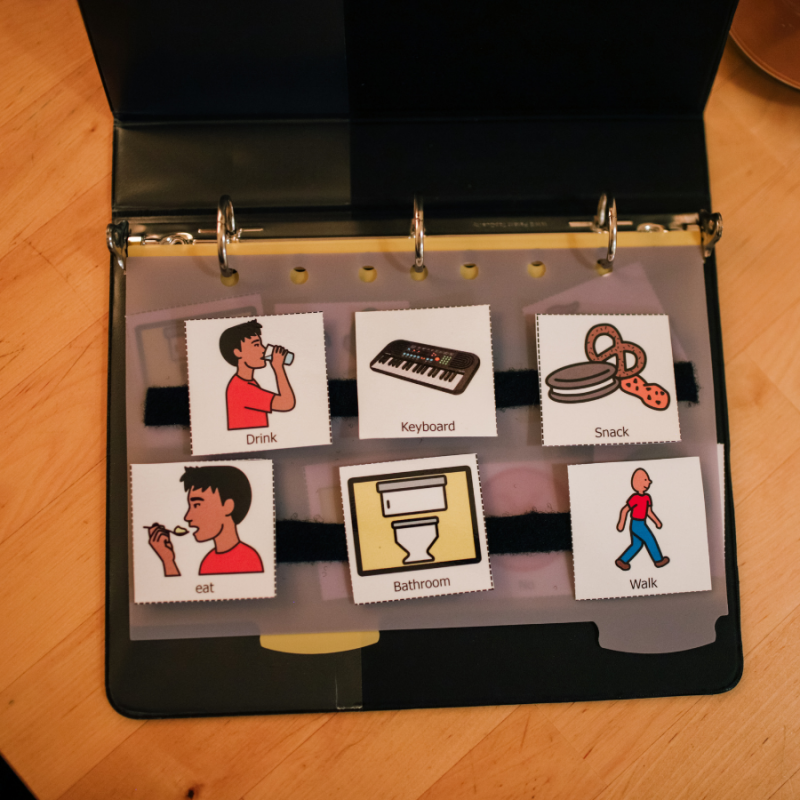Specialized Support Classroom
This classroom is designed to provide individualized support for children with diverse developmental needs. The environment emphasizes structure, consistency, and inclusion, while offering tailored activities that promote communication, social-emotional growth, cognitive development, and independence. Teachers collaborate with families and specialists to ensure strategies and goals are aligned, creating a supportive setting where each child can make progress at their own pace.
Why do we have a Specialized Support Classroom?

At the heart of our Specialized Support Classroom is a belief beautifully expressed by educator Ignacio Estrada: “If a child can’t learn the way we teach, maybe we should teach the way they learn.” This philosophy reflects our commitment to meeting each child where they are and honoring the many ways children learn and grow.
In our program, we use a whole child approach to support students with special needs. This means we look beyond academics to nurture every part of a child’s development—social, emotional, physical, and cognitive. We believe that children learn best when their individual strengths, challenges, and interests are recognized and celebrated.
The whole child approach ensures that:
- Learning is individualized
- Focus on Introducing Differential Communication
-
Social and emotional growth is prioritized
-
Physical and sensory needs are addressed
-
Family collaboration is central
-
Skills are connected to real life
Family collaboration is key!
We believe families are children’s first and most important teachers. Teachers work in close partnership with parents, therapists, outside services and caregivers to set meaningful goals, share progress, and celebrate achievements. This collaboration ensures consistency between home and school, creating a strong support system for every child.


Learning is Individualized
Every child learns in their own way and at their own pace. Teachers adapt lessons, activities, and goals to meet the unique needs of each student, using tools such as visual supports, sensory materials, or one-on-one guidance. This individualized approach ensures that every child experiences success and feels motivated to keep learning.
Social Emotional Growth is Prioritized
Children are supported in understanding and expressing emotions, building positive relationships, and developing self-regulation skills. Through group activities, role modeling, and guided play, students learn how to cooperate, problem-solve, and navigate social interactions in a safe and supportive space.


Physical and Sensory needs are addressed
We recognize that physical movement and sensory input are essential parts of learning. Our classroom includes opportunities for both fine and gross motor development, as well as sensory-rich activities that help children feel comfortable, calm, and focused. Breaks, movement, and sensory tools are integrated into the daily routine to support regulation and engagement.
Skills are connected to real life
Children are encouraged to practice independence and daily living skills, such as dressing, feeding, organizing belongings, and following routines. Academic concepts are also connected to real-world experiences, making learning meaningful and functional. This prepares children for success not only in school, but also in their everyday lives.


Introduction to Differential communication
In our Specialized Support Classroom, we recognize that children communicate in many different ways. To help every child express themselves, we introduce a variety of communication supports such as AAC devices, PECS boards, and sign language. These tools give children the opportunity to share their needs, thoughts, and feelings, while building confidence and meaningful connections with others.

